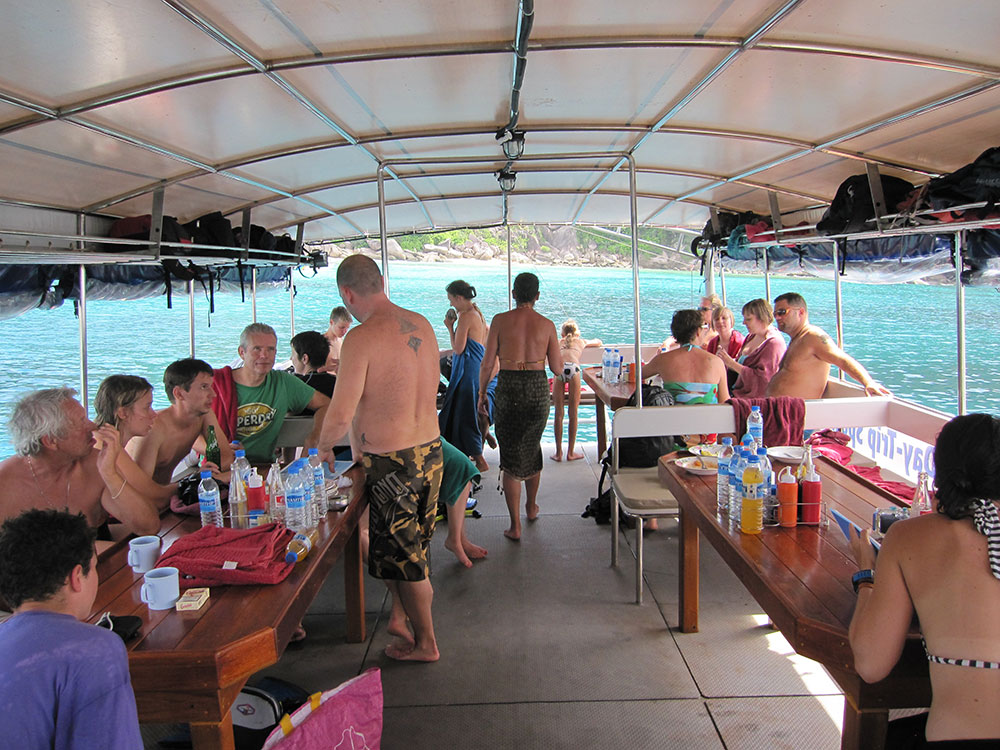In scuba diving, we are prone to decompression sickness. We can get DCS and its symptoms through unplanned dives. Therefore, it is very important to form a dive plan especially if it involves a great amount of depth or if we are required to dive several times. Performing surface intervals can save us from getting the condition and it will prevent our body from experiencing pain and disorientation.
Benefits of Resting between Dives
It is important to rest before descending in the water again. As mentioned earlier, repetitive dives increase the risk of DCS. However, it can be countered by resting between dives and this is the reason why resting is often stressed in lectures because it greatly reduces the likelihood of DCS. By performing surface intervals, you’ll be diving without encountering any problems at all.
What is the Minimum Surface Interval Time?
The time you need to spend on the surface between dives varies meaning; it depends on the nature of the dive. Some dive organizations provide dive tables for divers to follow while some calculate their own surface interval using their own computer. In recreational diving for instance, a diver can be deemed free of nitrogen after six hours. But for aggressive dives, a diver may be allowed to descend after resting for 10 minutes.
Things to Do During Surface Intervals
Here are some of the activities you can do during surface interval.
Rest on Board the Boat. Diving can deplete your energy especially if you do it several times. As such it is crucial that you rest your body for a while to recuperate from lost energy.
Have a Drink. Diving does not only deplete energy but it also dehydrates your body. Drinking water can bring back lost water in body. You should avoid alcoholic drinks though since these beverages will affect your senses.
Warm Up. The water will take away the heat from your body especially if you are diving in cold water. During surface interval you can always sunbath on board the boat or you can snorkel on the surface of the water if it is warm. These activities will give your body the warmth it needs for the next dive.
Plan Your Next Dive. Surface interval is a great opportunity for you to plan for the next dive. It will give you time to discuss the next dive plan with your colleagues.
Talk to Your Dive Guide and Dive Buddies. Surface interval is a great opportunity to share experiences with your dive guide and dive buddies. While resting on board the boat, discuss about your experiences underwater and talk about the things you have seen below.
Find Enjoyable Activities on the Beach. If surface interval includes going back and resting on shore, find time to perform beach activities to keep you occupied. Spend time with your family if you’re one of the lucky ones that dive with your family. Take a walk along the coastline, sunbathe on the shore, play beach games, and enjoy the scenery are some of the things you might pleasurable during surface interval on the beach.
Eat Light Meals. Eat light meals or snack to help rejuvenate your body. Avoid meals which are heavy on the stomach because they can wear you down and you might get cramps on your next dive. Pick meals or snacks which are light, hydrating, and energizing.







